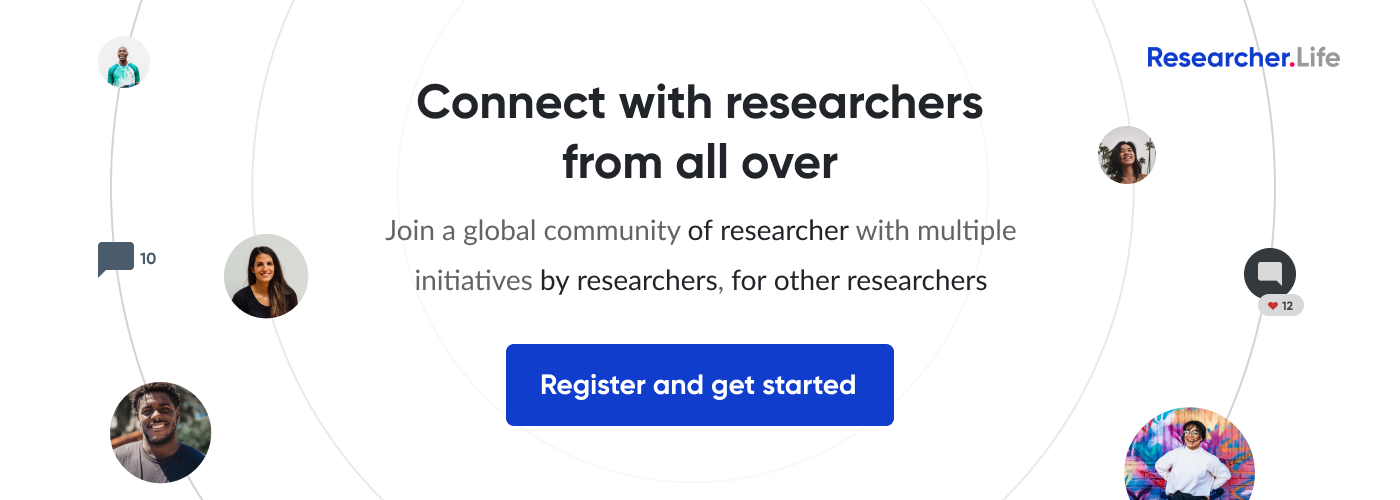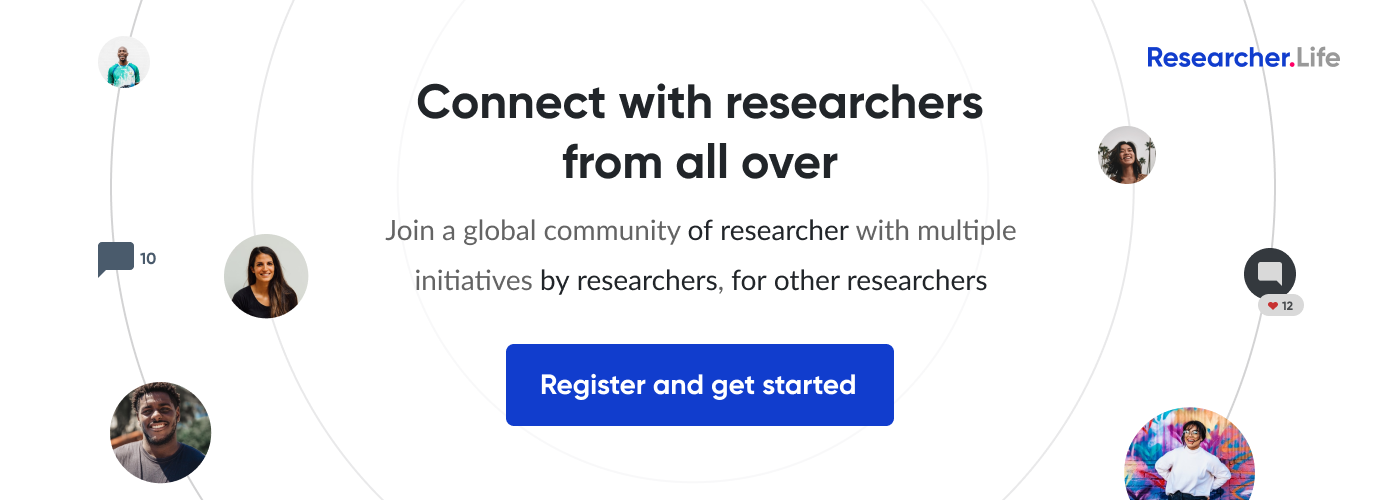Conference costs, p-values, faculty pressures, the Twitterization of academe, and much more! (Good reads, March 2019)

It’s that time of the month, again, when we get together to pick and share with you some of the most interesting discussions from the scholarly publishing universe. We’re sure you will find this month’s top picks interesting. Why so? We’ve covered an eclectic mix of discussions. Some of them raise interesting questions such as: Is it time for us to let go of the concept of statistical significance? Do researchers find conference expenses affordable? The other posts are thought provoking, such as: how the death by suicide of an established professor highlights the harsh reality of academe, the caveats of academic Twitter, and the need for empathy and introspection in the lab. Sounds like an interesting mix, doesn’t it? Go on then. Enjoy reading!
1. Rent or conference — early-career researchers shouldn’t have to choose: Do you attend academic conferences as a researcher? If yes, you may identify with this post by Jennifer Tsang. Reminiscing how she had to make ends meet during her PhD, Tsang talks about the additional struggles she faced while trying to attend academic events of her choice. She highlights the fact that while early-career researchers are always encouraged to attend conferences, they may not always have the financial support necessary to do so: “Attending conferences can easily cost more than $1,000 in registration fees, travel and lodging. This is clearly a barrier for early-career researchers (ECRs).” She also emphasizes that the situation will improve if the academic community, especially, ECRs advocate change on a larger scale. Some institutions have already started moving in this direction. For example, the graduate students of Brown University are asked to request reimbursement for airfare, accommodation, and conference registration expenses before the event. The University of California provides researchers with travel-specific credit cards that they can use at conferences.
2. Should the concept of statistical significance be forsaken? In an interesting article published in Nature, researchers Valentin Amrhein, Sander Greenland, Blake McShane “call for the entire concept of statistical significance to be abandoned.” According to them, the reliance on the p value threshold of 0.05 to decide whether a paper gets published or a drug is produced for the public needs to be looked at more deeply. Statistical significance has become a core aspect of the evaluation of a study’s impact and significance. However, in the absence of other arbiters, this can lead to analyses that are biased and overhyped, they argue. Their perspective is shared by more than 800 researchers who have called on journal editors and authors to forego the overreliance on statistical significance. They suggest that researchers should consider “logic, background knowledge and experimental design” alongside p values to decide on the certainty of their results. Further, they add that researchers should “seek to analyse data in multiple ways to see whether different analyses converge on the same answer.”
3. Are the minds of academics being Twitterized? One social media platform that has gained popularity in academic circles in recent years is Twitter. Students, researchers, academic faculty, staff, and scholarly publication professionals are encouraged to use Twitter to access information, share interesting updates, promote their research, and voice opinions on topics they feel strongly about. In this interesting post, Gordon Fraser, a lecturer at the University of Manchester and Senior Fellow at the Center for Humanities and Information at the Pennsylvania State University, argues that even though Twitter provides academics with a short and quick outlet for reaching out to fellow academics, the benefits of the platform should be weighed alongside its caveats. While Twitter does make scholars feel part of a larger community, it makes them vulnerable to the influence of politically inclined or promotional messages. Fraser argues that: “By design, Twitter has no protocols for distinguishing between the serious and the unserious, between the learned and the ignorant,” and alludes to bitter Twitter debates and controversies involving scholars to support his argument. He calls for a more judicious approach with regard to academics’ use of Twitter to make sure that they are able to differentiate between healthy dialogue and illegitimate forms of debate.
4. A prominent professor’s suicide sparks debate about mental health among academic faculty: Alan B. Krueger, a renowned name in the field of economics and a professor at Princeton University, committed suicide this month. The news of the professor’s demise has sent shock waves in the academic community. Kreuger was a well-established academic and played several roles in his professional career, including that of an economic aide to US presidents Bill Clinton and Barack Obama. His death has sparked discussions about mental illness in academia and the severe pressure senior academics and faculty face on a daily basis. Sharing her thoughts about the incident, Jodi Beggs, economist at the Harvard Extension School, said, “We need to stop thinking that professional success shields people from depression and the like…we need to remember that economists are still people, with all of the messiness that entails, even when they appear hyperrational regarding economic matters.” Betsy Stevenson, associate professor of public policy and economics at the University of Michigan at Ann Arbor and an acquaintance of Kreuger, spoke about the intense “bullying culture” in the field of economics. Bruce Macintosh, professor of physics at Stanford University, feels that Kreuger’s death indicates that academia could be very isolating: “You can shut down completely for a year, and no one will notice,’ as long as the grades get turned in.” The incident highlights the issue of mental illness in academia and the need for academics to have a strong support system.
5. Are you introspective enough in the lab? Lab work forms an integral part of several researchers’ lives as they spend several hours in this space. Benjamin Tsang, who is a laboratory manager in the Gerlai Behavioural Genetics Research Lab at the University of Toronto, has highlighted an important and seldom discussed aspect of lab work – interactions with others. Tsang says that lab management includes people and relationship management within its scope. He often teaches students the golden rules of lab research: “treat others as you wish to be treated.” According to him, researchers should learn to accept individual differences when working with others and develop empathy for their colleagues. This will help foster a healthy working environment in a lab and build a collaborative relationship amongst all lab members. The most important thing, according to Tsang, is the need for researchers to introspect to ensure their personal growth and make sure that they are not being harsh on their colleagues.
Did you enjoy reading these discussions? We’d love to hear your thoughts on some of these topics, so feel free to leave your comments below. For more such interesting topics, browse through our previous Scholarly Communications Good Reads.
Don’t forget to catch up with the latest developments in the journal publishing industry, featured in our Industry News section.
Published on: Mar 29, 2019
Comments
You're looking to give wings to your academic career and publication journey. We like that!
Why don't we give you complete access! Create a free account and get unlimited access to all resources & a vibrant researcher community.













